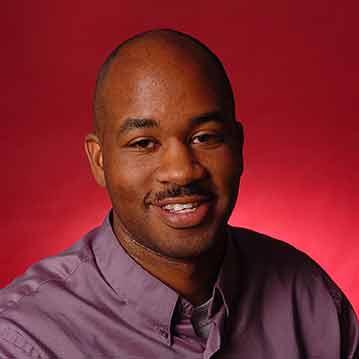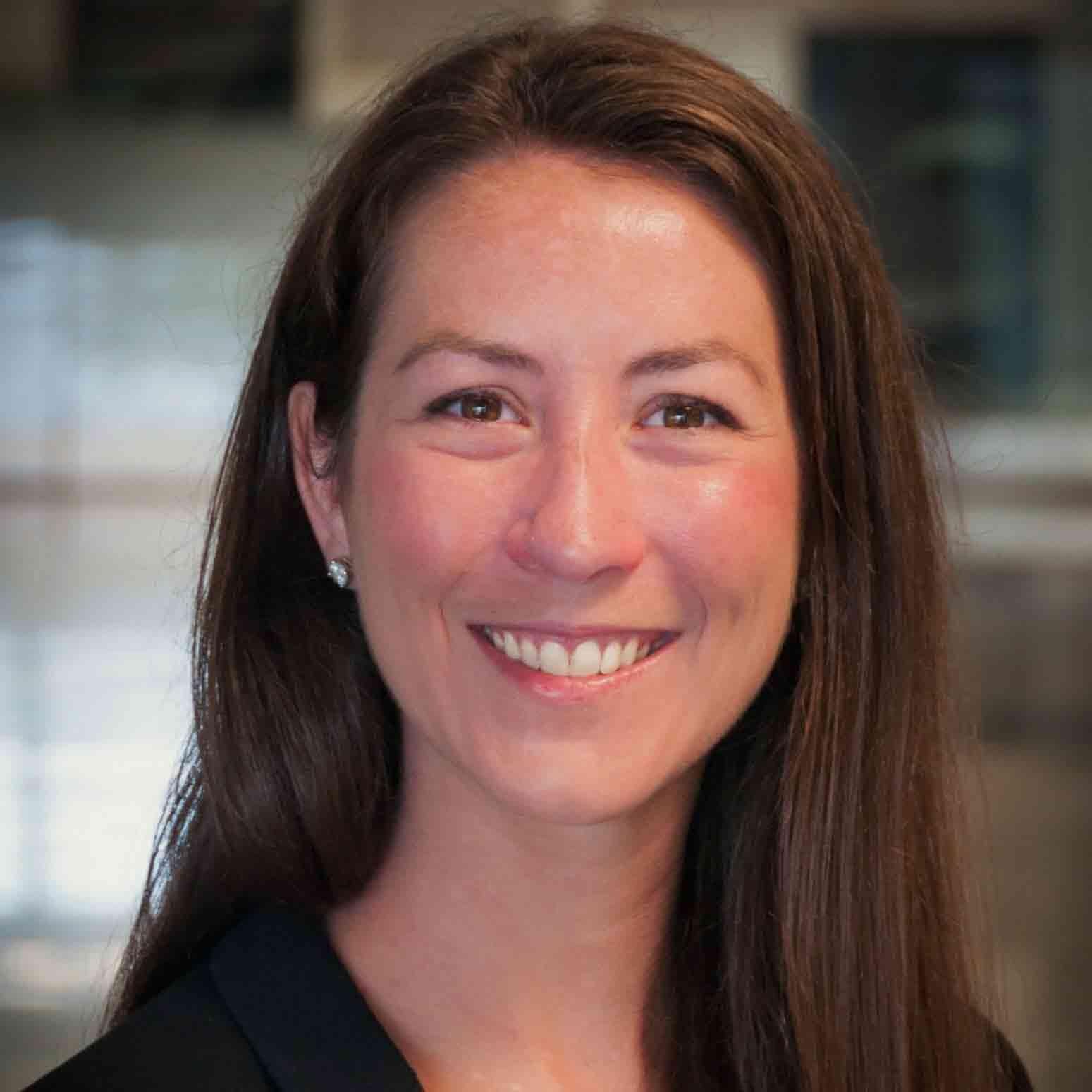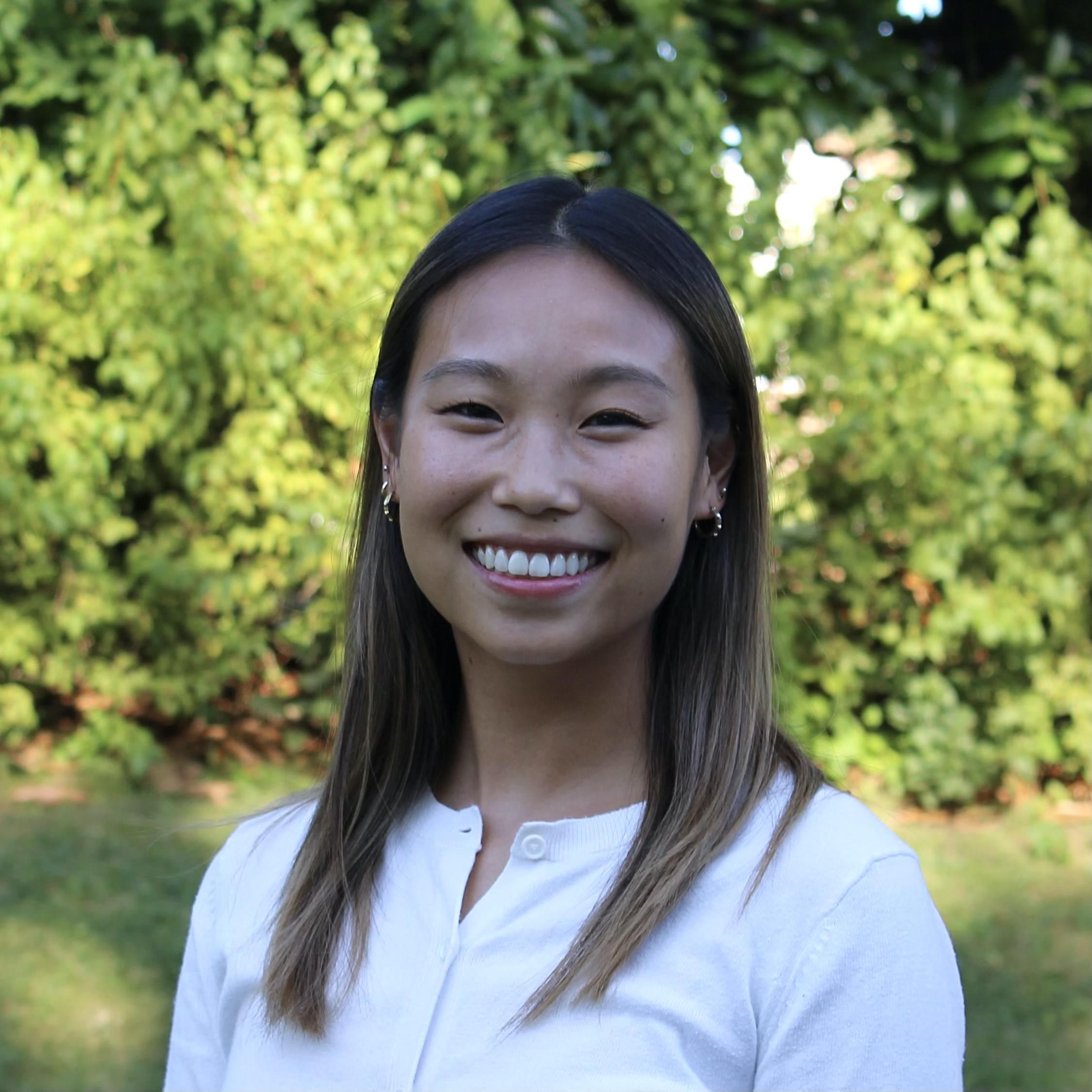Arts
Examining the role of The Arts as a catalyst for healing, transformation and action
Introduction
The practice of Art—in its infinite forms, functions and implications—is the most accessible and universal way of constructing meaning out of the world we inhabit.
Our Philosophy: The Arts are not just for experts. They are not solely for the enjoyment of the elite. They are not a superfluous extravagance. The Arts are for us all, expert and novice alike. They are not just an end in and of themselves, but a means. They shape, and are shaped by the world we inhabit.
Students in the Arts Scholars program gain a deeper understanding of the impact of art as a means to explore society and culture against the backdrop of our individual differences and shared experiences.
What you can expect: No matter your major, area of artistic interest, or skill level, as a member of our community, you will be challenged to strengthen your personal artistic skill set, experiment with new and different art forms, and gain a deeper understanding of the value of the arts in our personal and collective lives. We will investigate the power of the arts to:
- Communicate difficult concepts
- Advocate for social change
- Investigate the human experience
- Explore our own identities
- Develop our capacities as creative problem solvers and critical thinkers
- Reinforce, but also upend existing systems of inequality and oppression
Colloquium and Lecture Topics
Through a mix of lectures, discussions, demonstrations, collaborative art-making and interactions with guest artists, students consider:
- What is art? What is “good” art? Understanding social definitions of art and their influence on our beliefs of what should or should not be considered art.
- What does research look like in The Arts? Exploring common methods of research aligned with professional artistic practice.
- How have The Arts legitimated and perpetuated systems of inequality across race, socio-economic status, gender, etc.? Conversely, how can we leverage The Arts to generate equity and belonging? How can The Arts reshape or recontextualize understanding of our (individual and societal) learned history, biases and beliefs?
- West African djembe: Exploring the role of music in community building, storytelling and cultural understanding.
I have been challenged to think differently, work cooperatively, embrace creativity and, most importantly, go beyond the limits I have set for myself. Because of this program, I can confidently say I feel infinitely more prepared for the “real world,” and for that confidence and growth, I could never be more grateful.
Other Learning Opportunities
A variety of learning opportunities supplements the Arts curriculum. As an Arts Scholar, you will be introduced to artists, professional ensembles and world-class institutions each semester, through workshops led by guest artists; attendance at live performances in Washington, DC, New York City and on campus; and visits to the Smithsonian's renowned art and history museums.
In addition, you will get a chance to:
- Conceptualize, execute and present a capstone project of your choosing during your second year;
- Participate in service-learning with local schools and arts nonprofit organizations; and
- Cultivate valuable leadership and communication skills through peer mentoring and peer teaching opportunities.
Curriculum Overview
Over the two-year program experience (four semesters), students will complete up to 6 credits of supporting courses that will count toward your Arts Scholars citation. In most cases, these will also fulfill General Education requirements. Note that your Scholars courses—colloquiums, capstone practicum and supporting courses—will generally be in addition to any courses you take to satisfy major requirements.
The following represents a typical two-year curriculum, but individual schedules may vary. Details about courses and requirements can be found on the Arts Citation Checklist.
| SEMESTER | COURSE | CREDITS |
|---|---|---|
| Semester 1 | CPSA 100: Colloquium I | 1 credit |
| Semester 2 | CPSA 101: Colloquium II | 1 credit |
| Semester 3 | CPSA 200: Colloquium III | 1 credit |
| Semester 4 | CPSA 201: Colloquium IV | 1 credits |
| CPSA 240: Service Learning; or CPSA 250: Research (DSSP); or CPSA 260: Peer Teaching (DSSP) |
2 credits 2 credits 2 credits |
|
| Semester 1, 2, 3, or 4 | Supporting Course (var. Gen Ed) Supporting Course (var. Gen Ed) Supporting Course (DVUP or DVCC) |
3 credits 3 credits 1-3 credits |
Sponsoring College
Faculty



The Diamondback: UMD students' dance workshop highlights Japanese Butoh style, May 2022
Arts News
Life Sciences Scholar Writes Bill to Promote Organ Donation Education
Organ donation was not something of particular concern to Shani Kamberi a few years ago. She recalls watching a 15-minute video on it during her driver’s education class one summer, but the issue didn’t really click. Then came her senior year in high school. That was when Jonathan Bos, Kamberi’s AP English Literature teacher at Walter Johnson High School in Bethesda, Md., spoke to the class about organ donation. He had a personal story to tell, having received a heart transplant in 1999.
FAQs About Scholars
Every spring when incoming college freshmen are invited to join College Park Scholars, we receive questions from prospective students and parents, asking for clarification on various aspects of our program. Here, we’ve gathered the four most frequently asked questions (FAQs) to aid you in your college decision-making process. What is the value of a living–learning community? The benefit of a living–learning community is that you connect with other students on both a social and an academic level. In College Park Scholars, students live in the same residence hall and floor as other people in their programs, enabling built-in study and social groups and helping to foster community.
Why UMD was the College of Choice for These Scholars
Everyone’s college decision process is different. Here are some examples of Scholars students who chose the University of Maryland (UMD) for distinctly different reasons. Mari Lemmie Hometown: Baltimore, Md. Year: Senior Major: Public policy Scholars program: Justice and Legal Thought
Scholarly Tradition of Academic Showcase Finds a New Home
College Park Scholars means two years of learning across disciplines, considering complicated problems and making connections between the classroom and the rest of the world. As a capstone to that experience, we require sophomore Scholars to identify and complete a practicum project. In 2017, a sophomore in our Environment, Technology and Economy program developed a sustainability intervention as part of an internship. A Science, Technology and Society student researched basic income and workforce automation. A group of Public Leadership sophomores organized to start a local chapter of a national camp for children of cancer patients.
Education Major Embraces Science in SDU
This blog post is the first in the "Choosing Scholars" series, which examines various aspects of College Park Scholars. When Erin McCormick was invited to College Park Scholars last year, she knew that she wanted to pick a program that would expand her world view and teach her something different. “I wanted to expose myself to subjects I wasn’t confident in in high school,” McCormick says. After reviewing the curricula for the 12 Scholars programs, she was drawn to the Science, Discovery and the Universe (SDU) program because she hadn’t yet had the opportunity to learn about astronomy.

